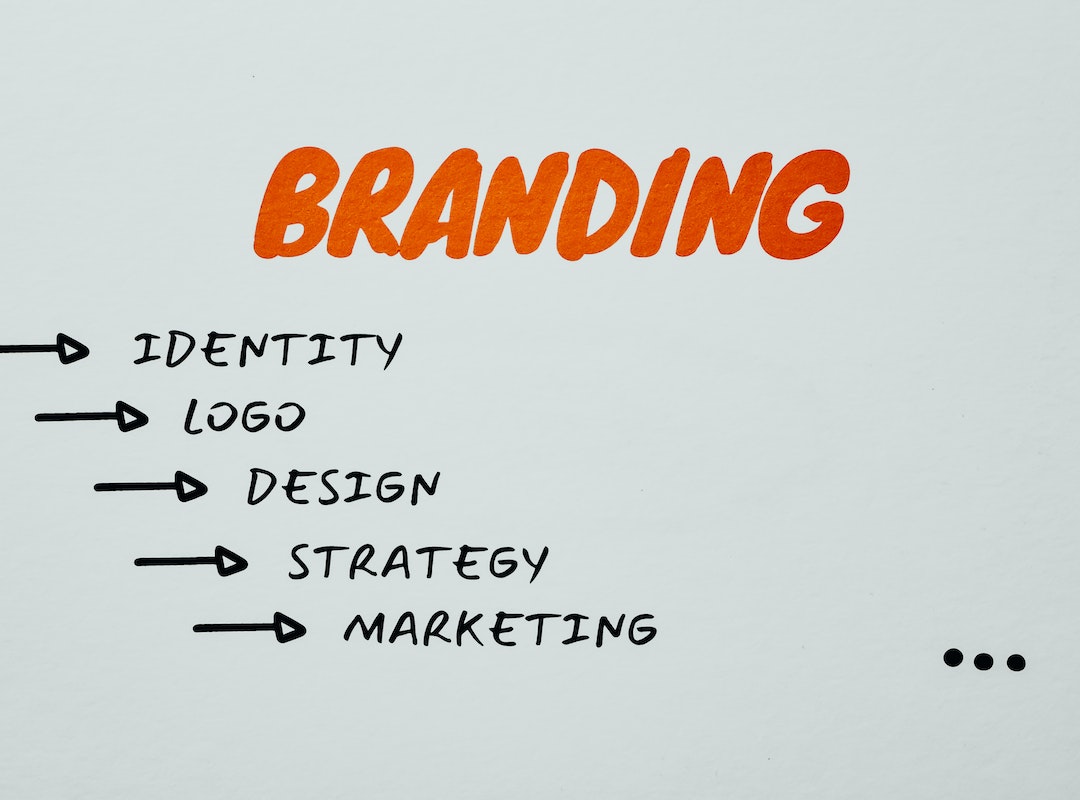As the digital universe proceeds to expand at an explosive pace, search engine optimisation (i.e., SEO) has become increasingly crucial for companies and individuals looking to differentiate themselves online. But with all the information generated every day, it is hard to optimise content for search engines that rank well. Now add in artificial intelligence (AI), a technological breakthrough that’s completely changing the way we think about SEO and content optimisation. In this article, we have highlighted AI’s role in shaping SEO practices and link-building.
By using AI-powered solutions, material producers and SEO experts UK can get a better understanding of consumer behaviour through important indicators such as keywords. They are able to adapt their content based on the data they receive from this analysis in order to make exposure more expansive or drive traffic flows back toward their websites. It is crucial to understand AI’s role in shaping SEO practices and link-building to stay up to date in the business realm. Now let’s take a look at the role that artificial intelligence plays in search engine optimization and link building, as well as these other areas.
Artificial Intelligence: What Is It?
Artificial intelligence means making robots or computer systems act human. Originally attributed to John McCarthy at Dartmouth College in 1956, the applications of AI cover machine translation, speech recognition, picture identification and natural language processing (NLP). In recent years, the sophistication and scope of applications for AI have increased. For example, Google uses AI to power its search engine. This kind of technology, with the help of machines, can judge and decide. Thanks to the development of artificial intelligence in computers, machine learning is now possible. Machine learning refers to teaching an algorithm how to learn anything by itself without having it programmed explicitly. To excel in today’s digital world, you must understand AI’s role in shaping SEO practices and link-building. Read our blog on HOW ARTIFICIAL INTELLIGENCE CAN IMPACT DIGITAL MARKETING AND SEO? to get an in-depth understanding of how AI is impacting digital marketing and SEO.
AI’s role in shaping SEO practices and link-building
1. Optimisation of Voice Search
Because voice assistants like Alexa and Siri are so popular, it’s important to optimize content for them. Therefore, it becomes crucial to understand AI’s role in shaping SEO practices and link-building. This optimization process also includes customising digital content to include long-tail keywords and natural language expressions which are often used in voice searches. This includes not only understanding conversational questions and responding in a short space but also arranging material so voice assistants can easily read it. Using voice search, consumers say the precise words and queries they are looking for. AI can help advertisers discover these so that they get up to speed with users’ use of language in their own digital content. Voice search-optimised websites will be more visible and remain at the top of results. Read our blog on BEYOND KEYWORDS: VISUAL SEARCH OPTIMISATION to get an in-depth understanding of the ways using which you can make your website rank higher and visible.
2. Generation and Optimisation of Content
What can AI do? It has the potential to make great content and optimise it for search engines. AI’s role in shaping SEO practices and link-building can not be emphasised enough. Algorithms for natural language processing, or NLP, examine existing material and suggest improvements ranging from body text up to meta tags right on through to headline optimization. AI can also undertake abstracts, scoring for readability and relevance to search engines’ standards and user intents. Through the use of NLP methods, marketers can tailor their content to specific keywords. In this way, they increase both the overall quality and suitability for search engines as well as people.
3. Optimisation of User Experience
AI gathers and analyzes user behaviour metrics, such as time on the page, bounce rate and the degree to which something can be clicked away from it is calculated. They are all tests of how much a site inherently appeals to users. These are the standards used by search engines in evaluating results. By pointing to defects in user experience, software errors and weaknesses or opportunities for development, intelligent algorithms help website owners improve their search engine optimisation. You must understand AI’s role in shaping SEO practices and link-building and incorporate the necessary steps to survive, sustain and grow in this dynamically changing business environment.
4. Monitoring and Reporting on Rank
With the help of AI technologies, in combination with SERP data integration services, keyword ranks are tracked across all major search engines. Detailed reports are then produced on how your website is performing worldwide and what improvements need to be made over time so as not only to keep current but also to improve its visibility if necessary. Moreover, the technology can also analyze how changes to search algorithms affect rankings and how marketers might adjust their methods in response. Read our blog on HOW WHITE HAT SEO PROTECTS YOU FROM GOOGLE ALGORITHM CHANGES to get an in-depth understanding about how white hat SEO protects you from Google algorithm changes.
5. Check your organic traffic and rank the progress
The mechanics of traffic and ranking increase are also very important in SEO. Therefore by understanding AI’s role in shaping SEO practices and link-building, you must check your organic traffic and rank the progress. A popular way to achieve this is with Google Analytics. You need to understand and analyze the data collected, although that may take some time. Once you have done this, any required amendments can be made to your plan. These days you may find online solutions based on AI that can analyse the data faster. Read our blog on BEST FREE ONLINE TOOLS TO MONITOR WEBSITE PERFORMANCE & SPEED to get an in-depth understanding of the tools using which you can monitor website performance and speed.
6. Automated SEO workflows
To understand AI’s role in shaping SEO practices and link-building, you must also understand that SEO involves several steps. Technical to off-page and on-page SEO, every detail matters. Optimizing for search engines can take a lot of time and effort. The use of AI-based SEO technologies to automate tasks like website and ranking analysis can help your company. Any online firm that wants to follow the cutting edge needs ongoing SEO maintenance. This is why automating some SEO activities can save you time and money while steering your campaign in a better direction.
7. More relevant and valuable links
Using AI algorithms to analyze backlink profiles, website content and other factors can determine the quality of a link’s relevancy. This makes it easier to find high-value link-building targets. A more accurate and precise link selection can result in better links, or else it will enhance the value of a site’s existing outbound links. Read our blog on SMART WAYS TO BUILD CREDIBLE BACKLINKS FOR WEBSITE SEO to get an in-depth understanding of the ways using which you can build credible backlinks for your website.
8. Examine ranking signals
With all these ranking signals, it’s hard to keep track of everything and figure out which is the most important factor for your website ‘rating. Artificial intelligence systems can predict and judge how all the factors, such as external links; social signals; on-page optimisation and authoritative content would constitute a better SEO plan to increase search ranks. In today’s digital world, understanding AI’s role in shaping SEO practices and link-building is crucial.
9. Analyze the algorithm of search engines
Because the search algorithm is constantly being revised, it can be difficult to keep up with all of these changes. As a result, online firms must routinely check their websites in order to avoid fines or even being placed on the Google blacklist. If this happens, your business will lose sales and traffic. AI can monitor you for you.
Artificial intelligence is increasingly important in SEO and link-building because it can deal with big data sets, collect useful insights, and reduce the burdens of tedious work. Within today’s cruel environment of a cutthroat digital world, marketers can more effectively optimise returns and outcomes by using artificial intelligence (AI) to refine customer experiences, enhance effective targeting and fine-tune campaigns.
















